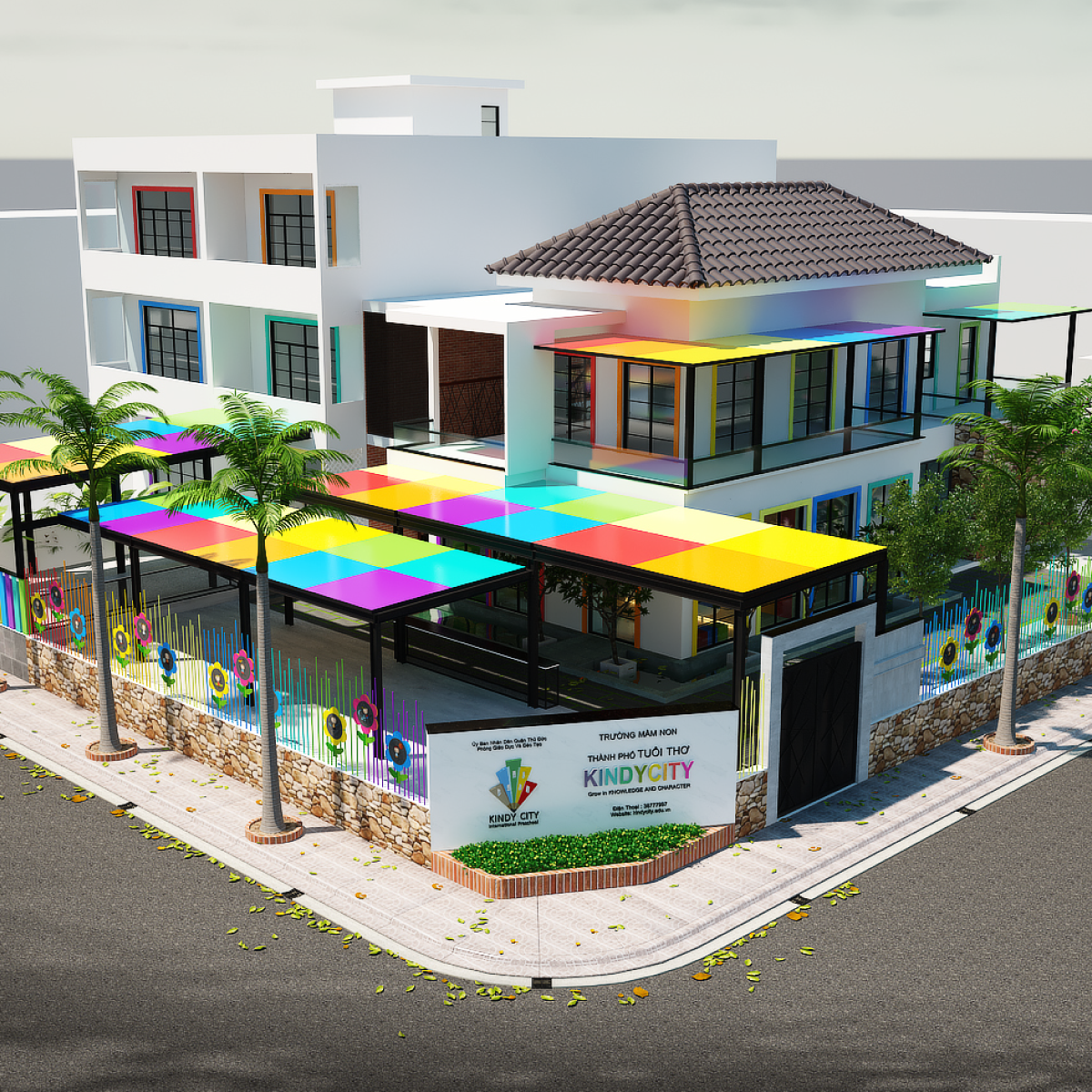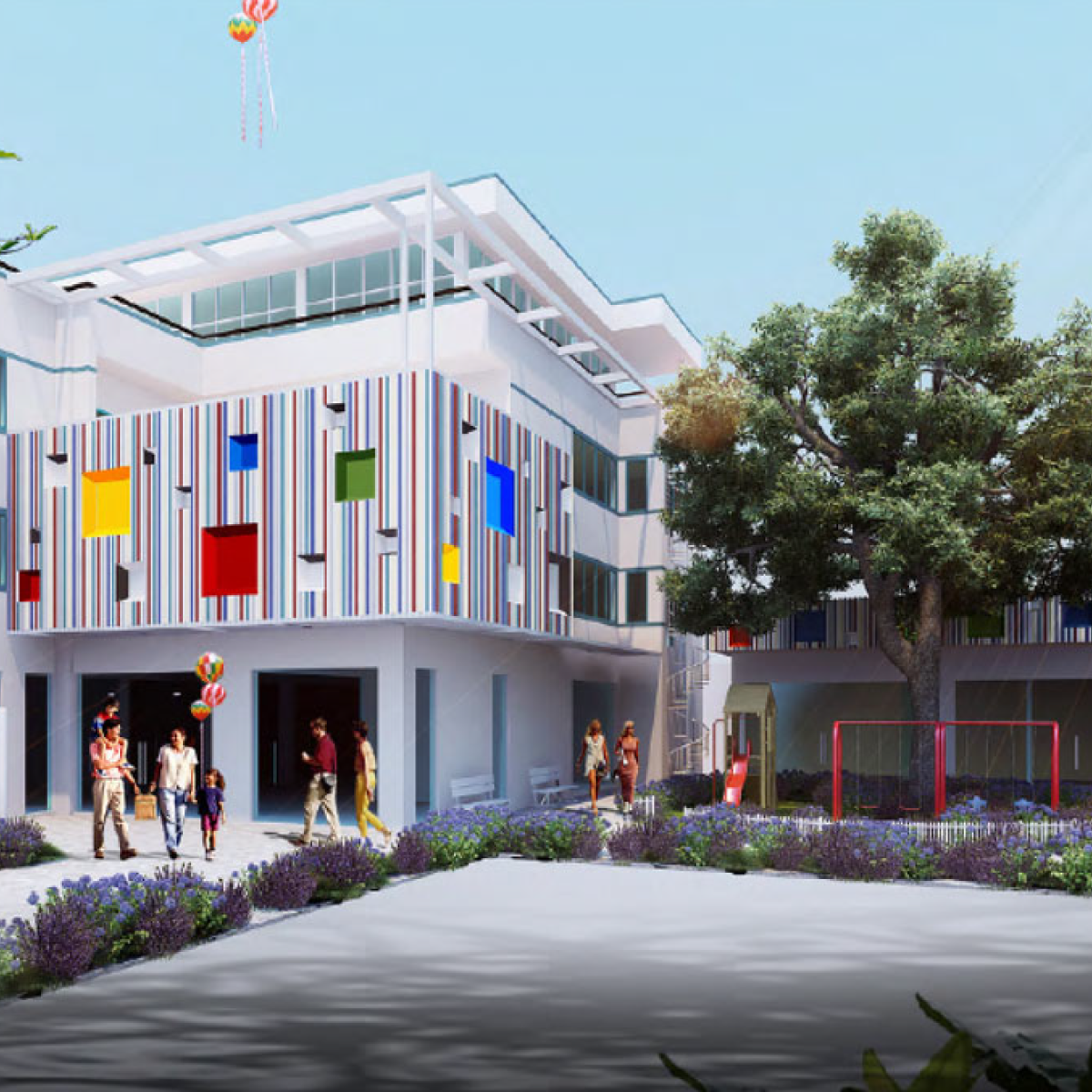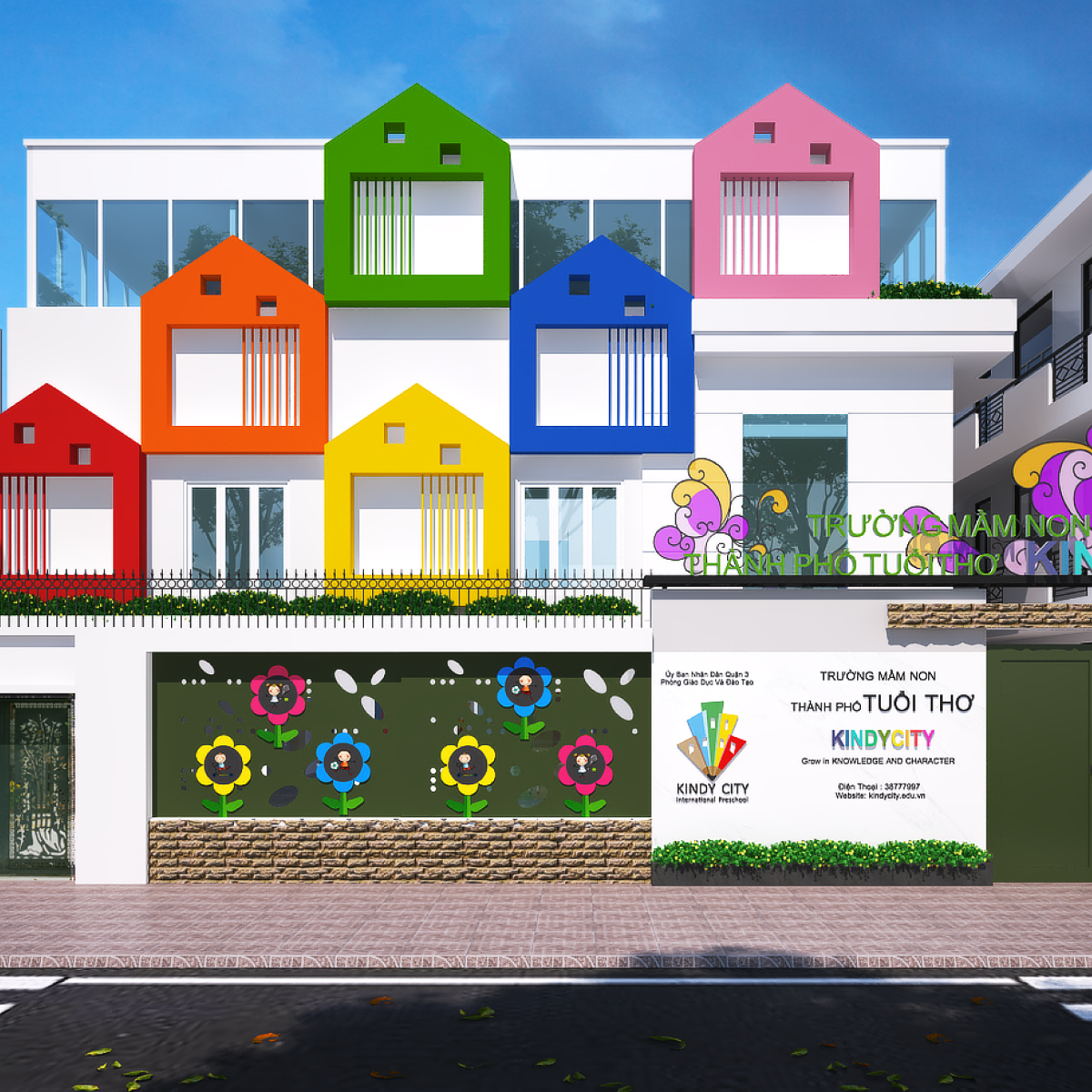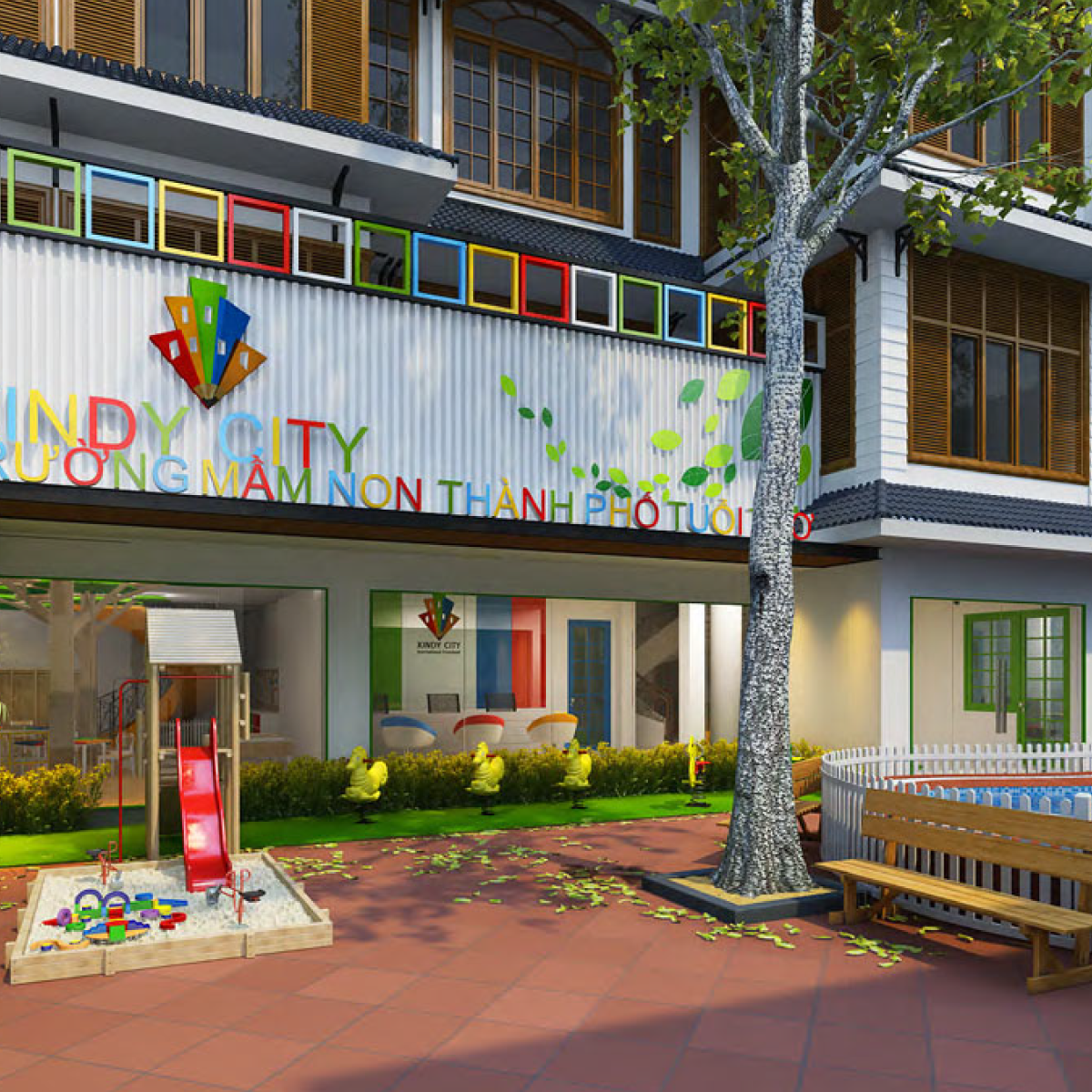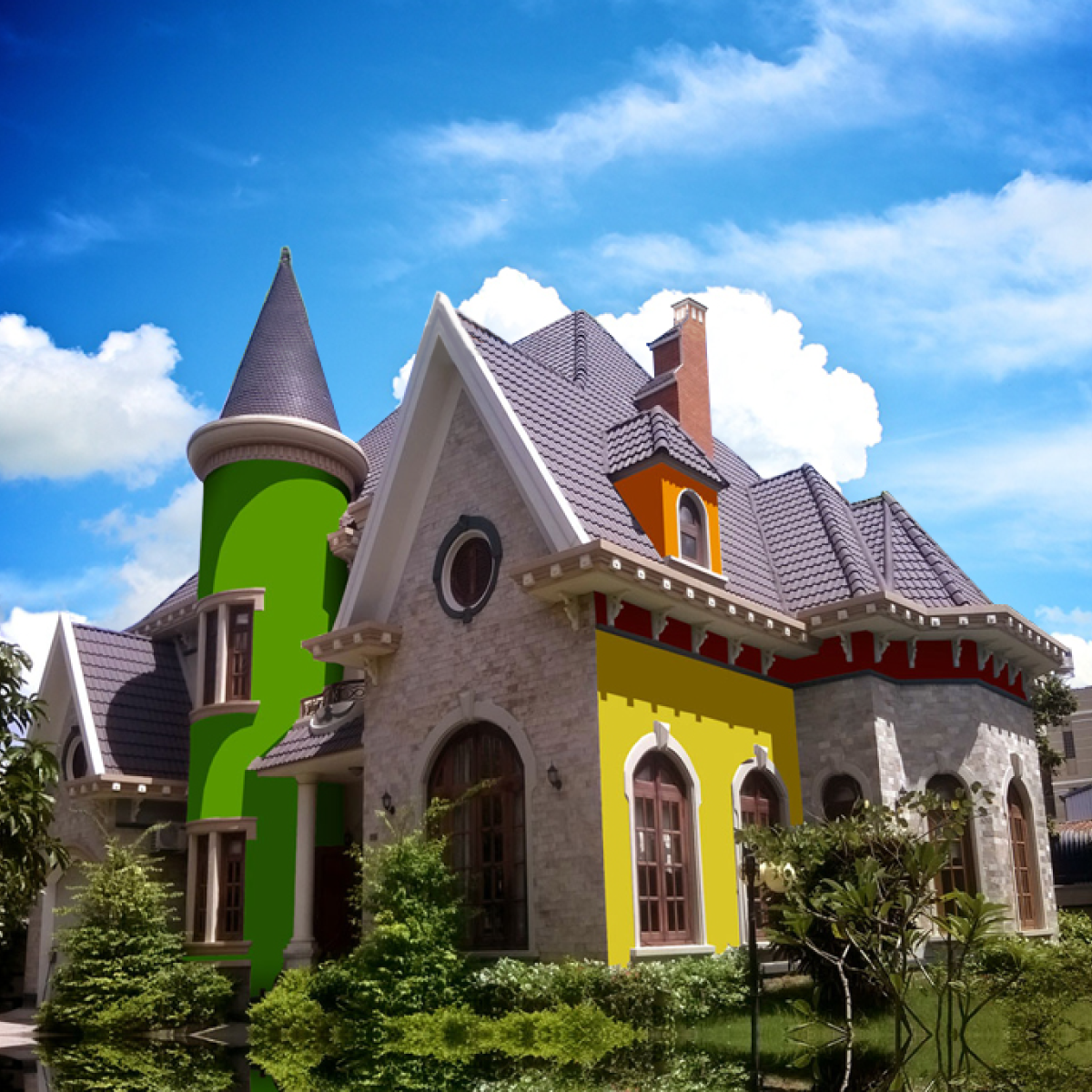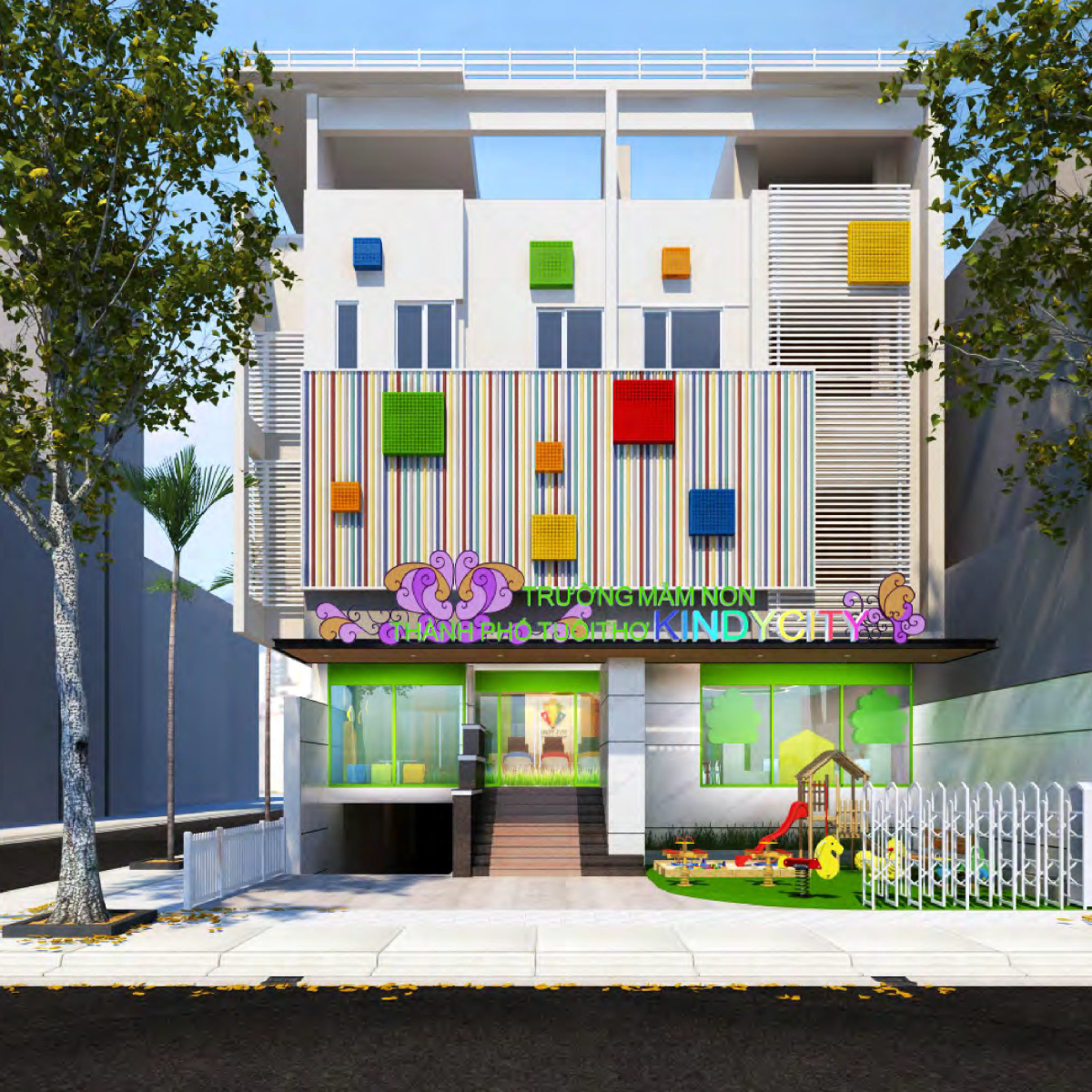From birth to adulthood, people continue to develop in physically, emotionally, mentally and spiritually …This especially occurs in the early years, growth often occurs the fastest.
A child’s behavior and need in different developmental stages
A – Kindergarten child psychology
As newborn babies, children absolutely need help and are dependent on others in order to secure their physical feeling. Children should be monitored regularly because they arenot aware of their safety.
- Children have a strong attachment to caregivers and develop the feelings of love and trust
- They may also be frightened when separated from their mothers as they do not fully understand why they have been seperated and may start to show anxiety.
- They can understand the causes and consequences (eg: If they push the ball on the floor, the ball will roll)
- They can understand the existence of objects although they no longer see (eg: peek-a-boo game)
- They are able to understand words and follow simple commands
- They get to know names of some familiar objects, some parts of the body and concepts such as in/out or open/close
- They can become independent when they play alone for a long period of time.
- They learn how to move their bodies such as raise their heads, feed, sit, stand and walk themselves.
- They learn how to use hands and eyes at the same time to manipulate and throw objects.
- They are able to develop their sight, hearing, touch, taste and smell.
Things to consider
- If children do not receive guidance and support, they will not develop trust in others when they become adults.
- When children do not get support and encouragement or guidance, they will begin to doubt their abilities (eg: children are reprimanded when they have a wet night )
The roles of carers
- Being consistent with mealtime, bath and changing clothes to help children develop their routine.
- Being friendly, acceptable and encouraging to your students to finish their jobs.
A – Tâm lý tuổi nhà trẻ
- Social psychology aspect
- Developing the language and understanding themselves
- Thinking about the wonderful things, far from reality
- Learning social rules
- Finding out what is real and what is imaginary (eg fictional games, nightmares)
- Thinking about the “here and now” rather than the future
- Having more questions
- Beginning to understand the consequences of doing / feeling and distinguish true / false
- Beginning to go to nursery / preschool and count numbers
- Starting to form relationships with friends and teachers.
- Physical aspect
- Being self-reliant (dressing, eating and personal hygiene)
- Being energetic
Things to consider
- Children can’t support themselves, which can lead to guilty feelings and fear to try new jobs
- Children may have a tendency to rely too much on adults
- Children may have difficulty in communication with others
Children are incapable of conducting and making decisions
The roles of careers
- Allowing your children to experience and limit simultaneously
- Answering children’s questions truthfully
- Praising children when they finish work
- Avoiding scolding or beating the children when they fail, help them learn how to do it better or differently
- Encouraging the creativity
- Encouraging children to talk about their feelings (eg, share feelings of parents, observe them and try to interpret their feelings)
Above are some problems to which parents paid much attention in the “TALKING WITH EXPERTS – Session II” at Kindy City International Preschool with the participation of Dr. Nguyen Thi Bich Hong.
 |  |
 |  |







